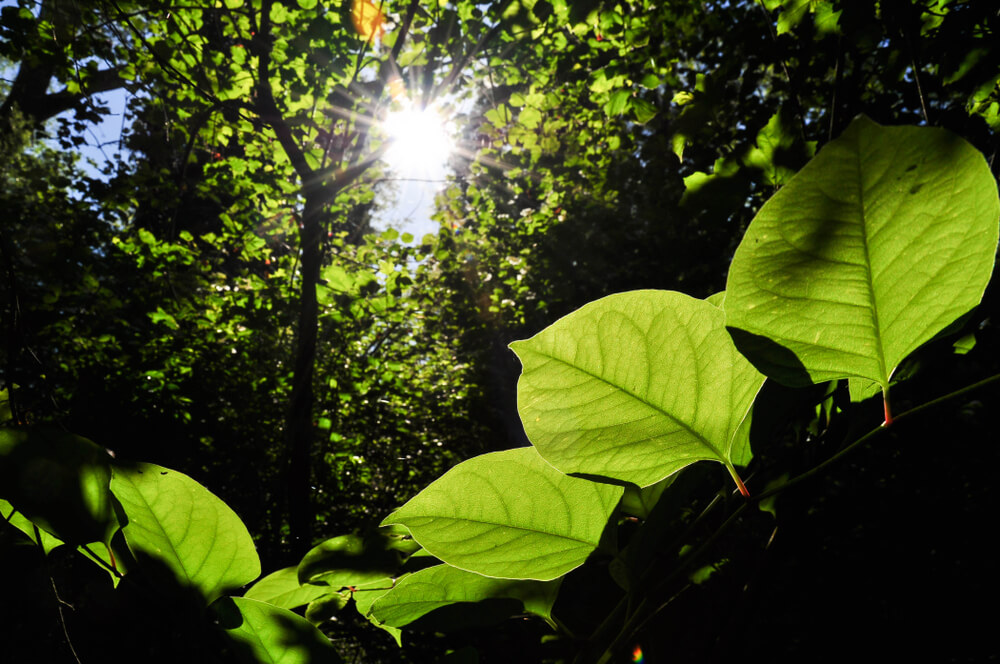Homebuyers are being warned to be alert to Japanese knotweed after it emerged many sellers would keep quiet about the existence of the plant in their home.
 Japanese knotweed is an invasive plant which can cause serious damage to a property if left untreated. Mortgage lenders can often be reluctant to lend on a property where it has been detected due to the great devastation it can cause.
Japanese knotweed is an invasive plant which can cause serious damage to a property if left untreated. Mortgage lenders can often be reluctant to lend on a property where it has been detected due to the great devastation it can cause.
They will require a treatment plan to be in place and an insurance-backed guarantee if they are to approve the mortgage.
For this reason, it’s vital buyers are aware that Japanese knotweed is growing. But it is also crucial for sellers to be aware of the plant too.
For not only can it be difficult to detect but a YouGov survey of over 2,000 people revealed 9% would say nothing when selling a property with knotweed and quietly attempt to deal with it themselves. This is despite the likelihood of a legal case against them when it’s discovered.
Sellers are legally required to respond honestly to the Japanese knotweed question on the TA6 property information form which is completed as part of the conveyancing process.
According to Environet, an environmental consultant, once a transaction is completed if the existence of knotweed has not been flagged up, buyers will have little choice but to either pay themselves for removal or treatment or pursue legal action against the seller.
Indeed, of those surveyed, 3% said they had already been in the unfortunate position of discovering Japanese knotweed after they purchased a property.
Environet said those who are uncertain whether a property is affected can commission a survey to check for any sign of knotweed.
Nic Seal, Founder of Environet, said: “Discovering knotweed growing in the garden after you’ve bought a property is a very unpleasant and worrying situation to be in.
“If it can be proven that the plant was present at the time of sale, there is a very good chance of success in a legal case against the seller.
“Therefore, anyone who answers ‘no’ to the Japanese knotweed question on the TA6 form needs to be 100% certain that the property is not affected, which means no live rhizome under the ground of the property or abutting in the neighbouring land.
“That’s a difficult undertaking, so the general advice is to respond ‘not known’.
“As the Raynes Park case shows, sellers who fail in their obligations to carry out proper checks and give false information are likely to come unstuck, as experts can usually tell how long the plant has been there and whether any attempts have been made to kill it.”
[box style=”4″]
The cost of not disclosing Japanese knotweed – The Raynes Park case
The risks of non-disclosure of knotweed are high, as demonstrated last year by a seller in Raynes Park, London, who was ordered to pay £200,000 in costs and damages to the buyer of their three-bedroom family home after they failed to declare the presence of knotweed during the sale.
The seller claimed not to have known about the plant, which was located at the back of the rear garden behind the shed. Still, the judge decreed that the knotweed had been present for several years and would have been visible during summer, making the seller liable for the resulting diminution in the property’s value and legal costs.
[/box]














